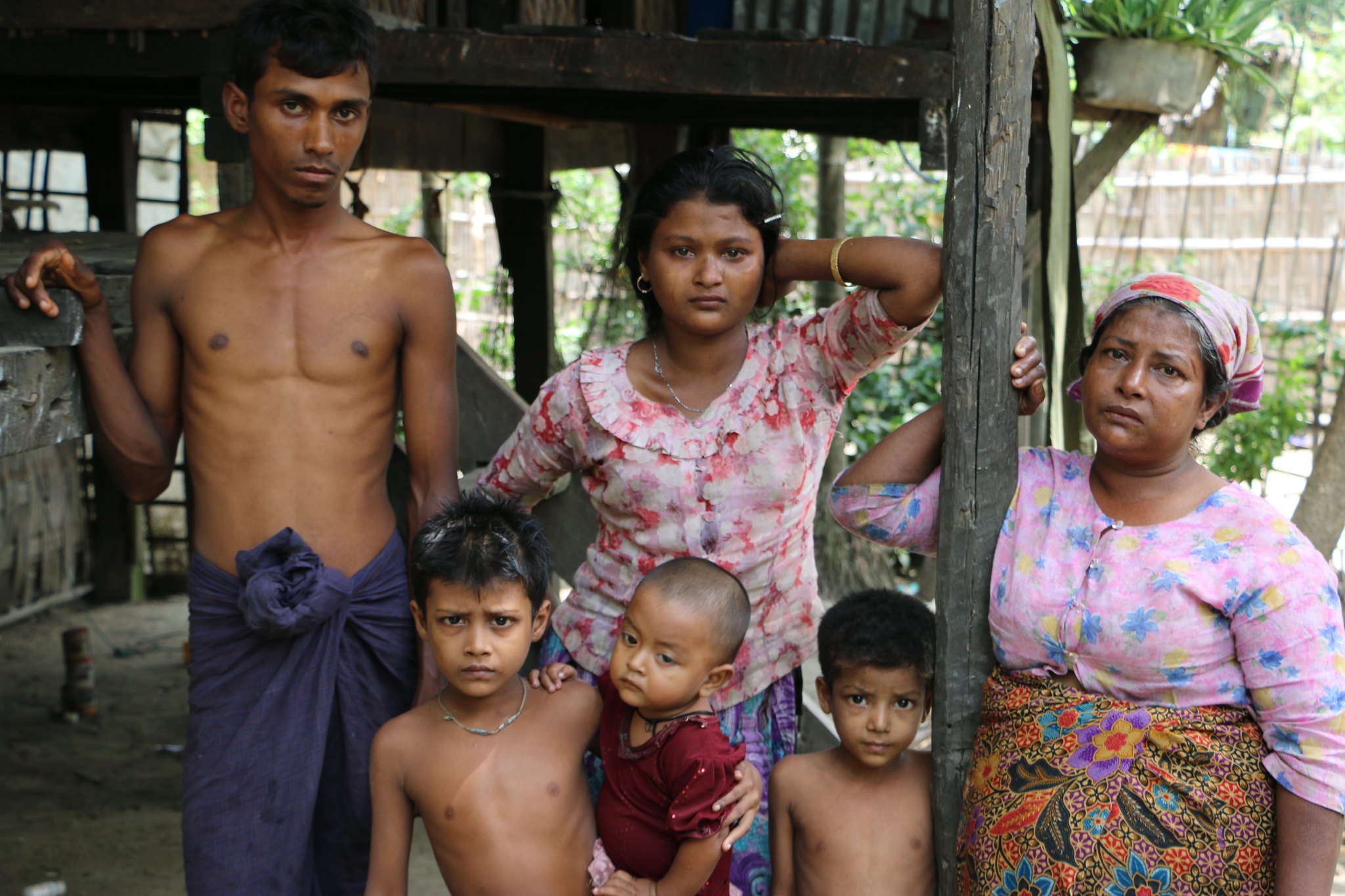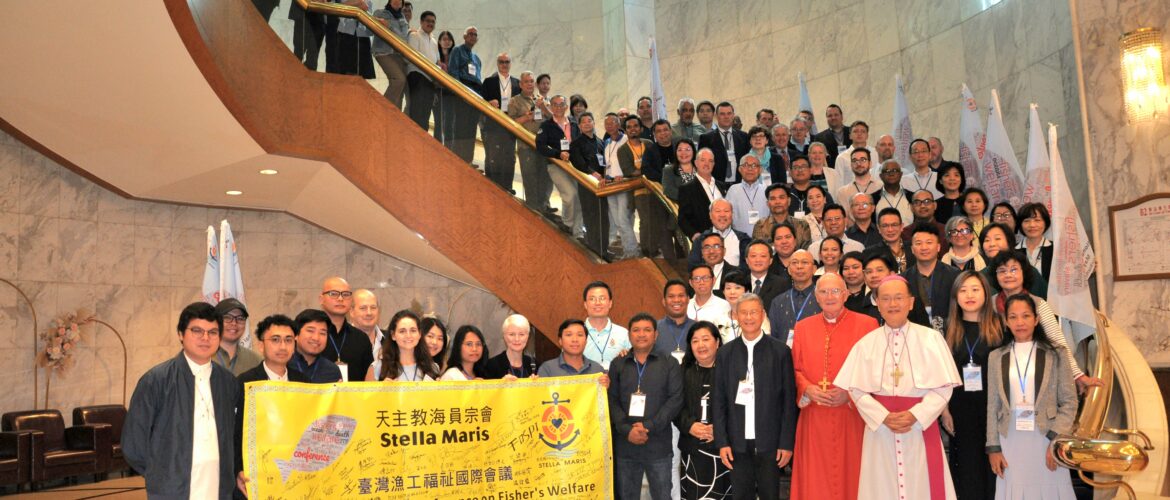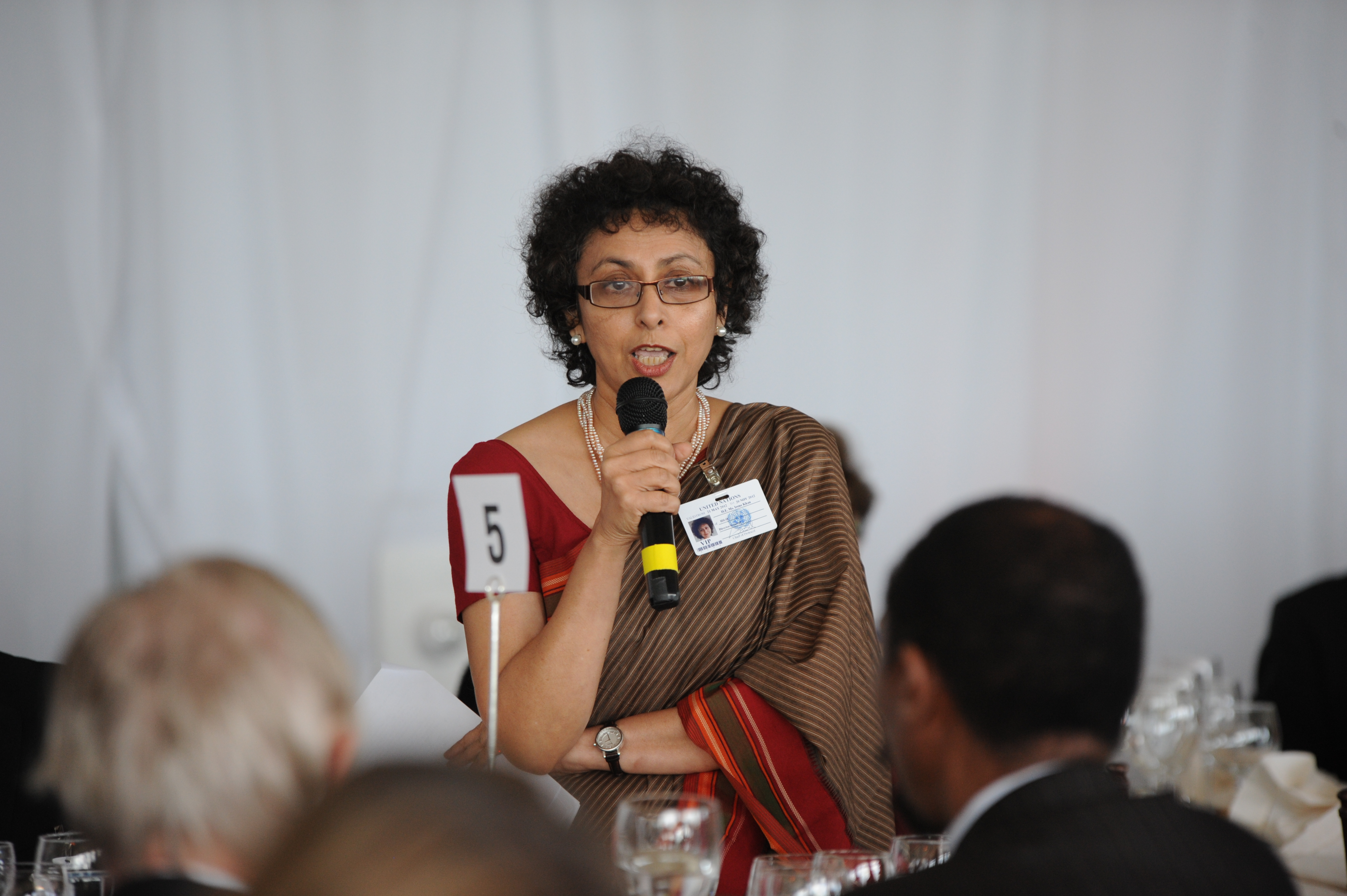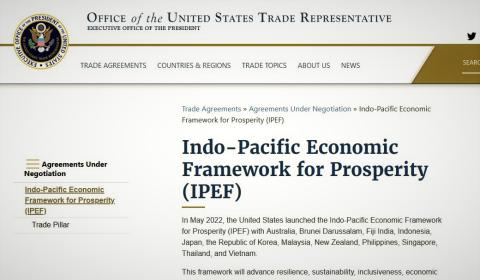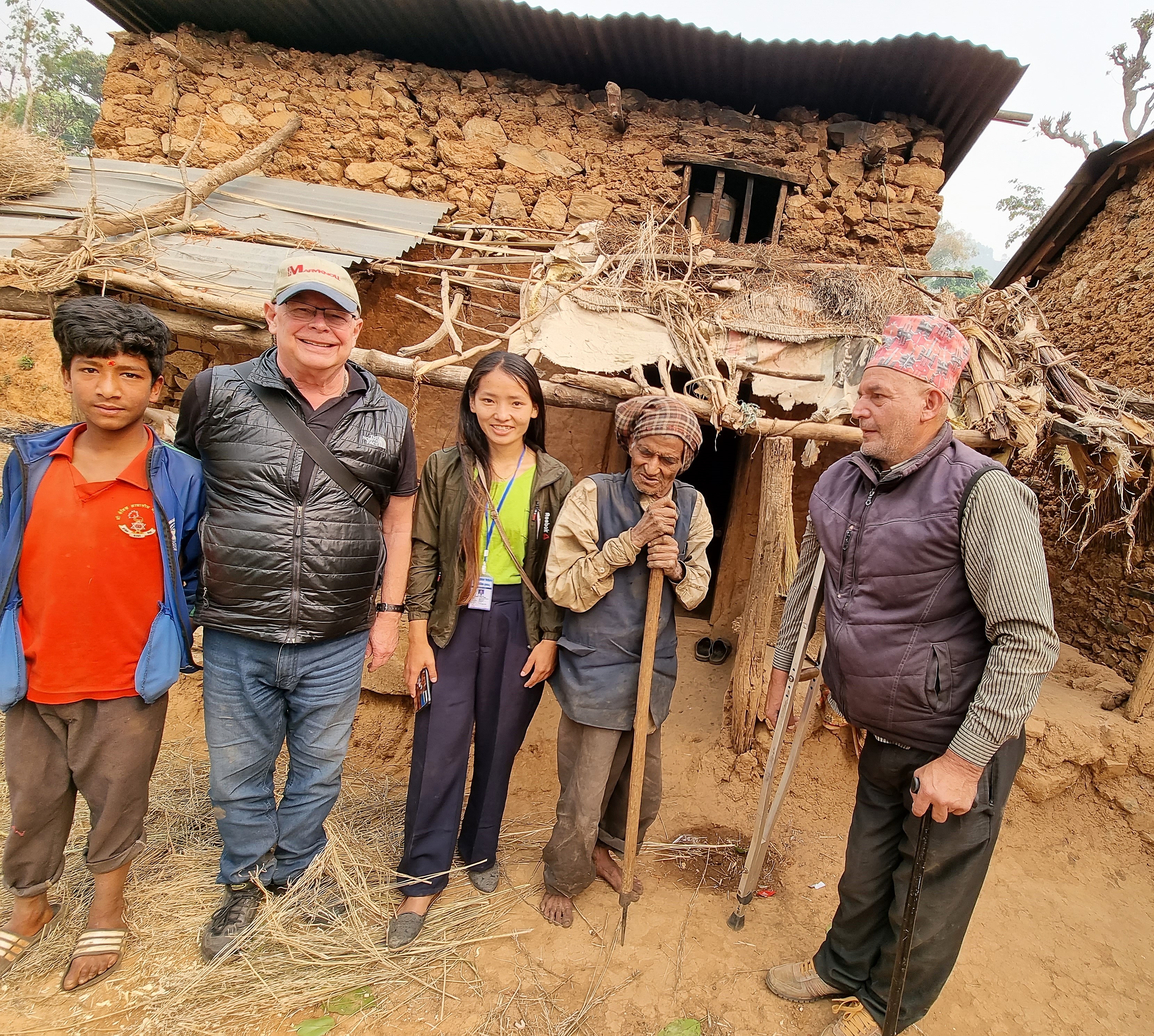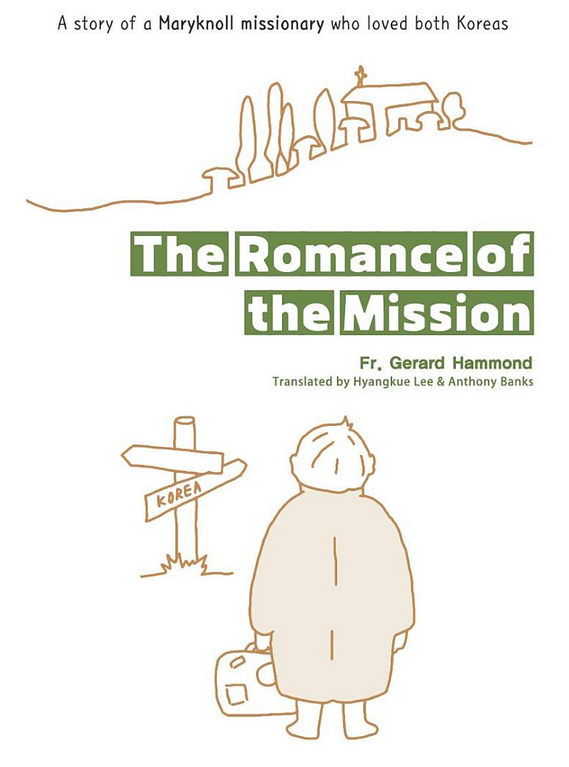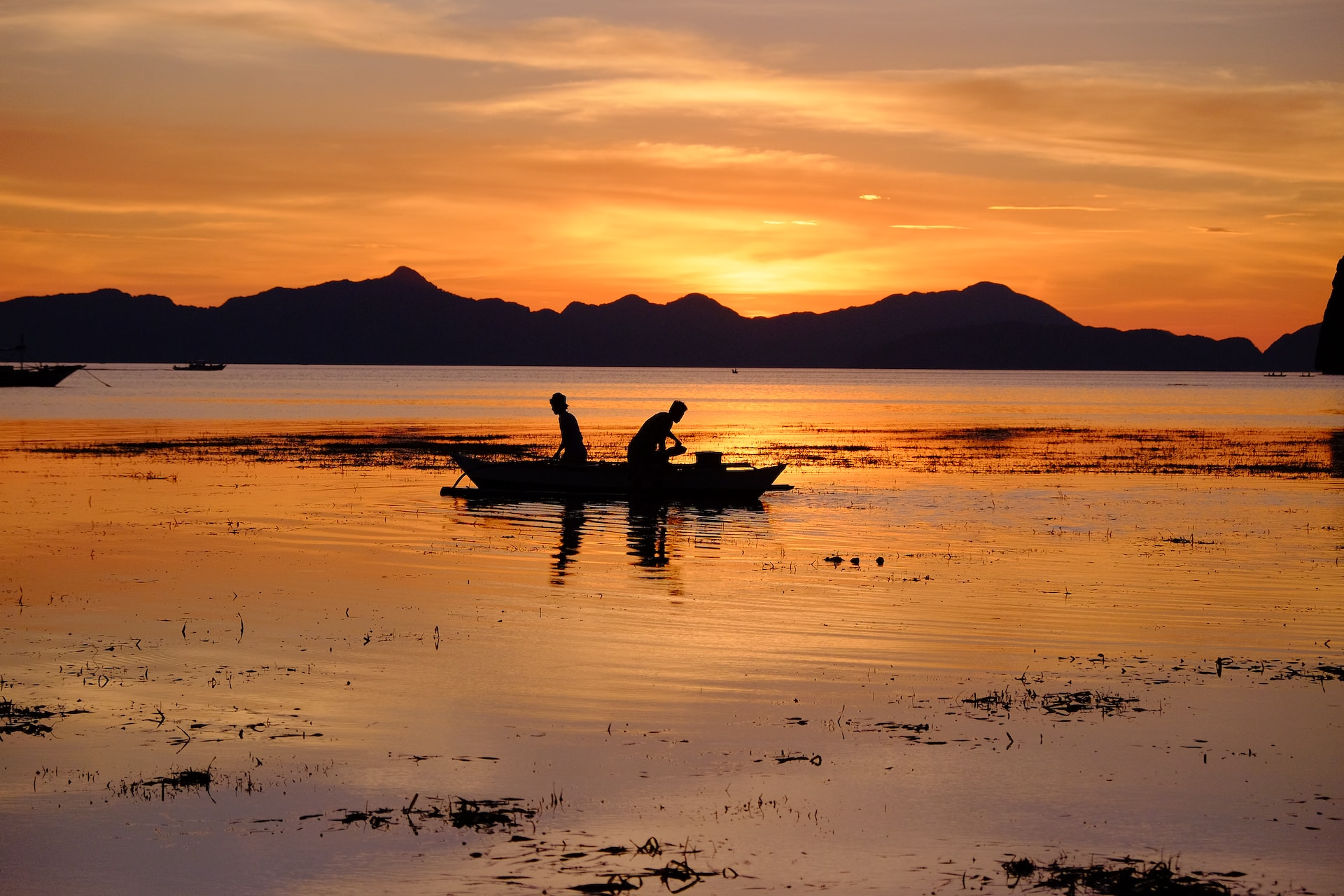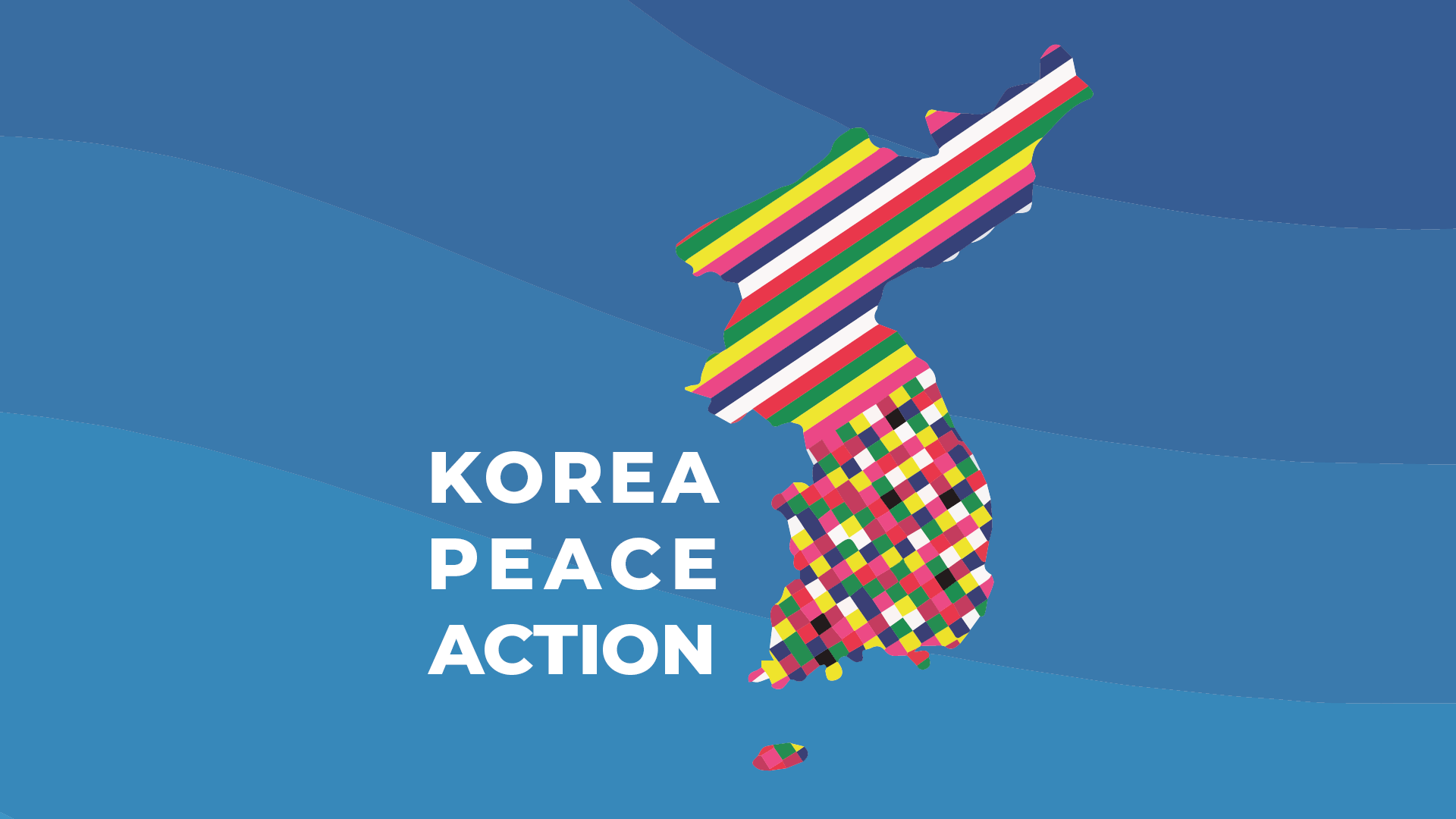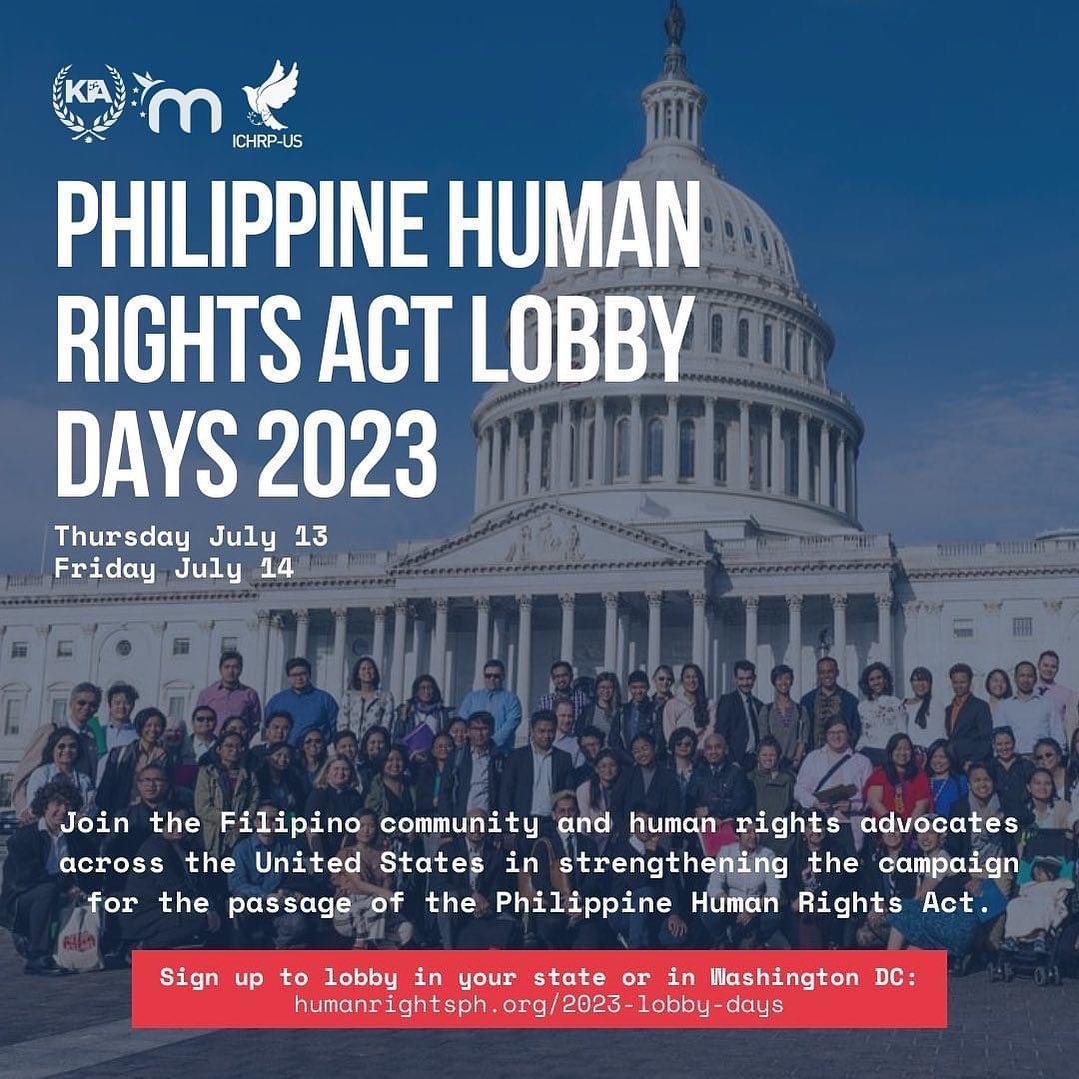Atomic Bomb Survivors Awarded Nobel Peace Prize
The Nobel Committee’s recognition of the Japanese hibakusha organization Nihon Hidankyo comes at a crucial moment for addressing the nuclear threat. The following article was published in the November-December 2024 issue of NewsNotes. The Norwegian Nobel Committee announced on October 11 that it has awarded the Nobel Peace Prize for 2024 to the Japanese organization…




